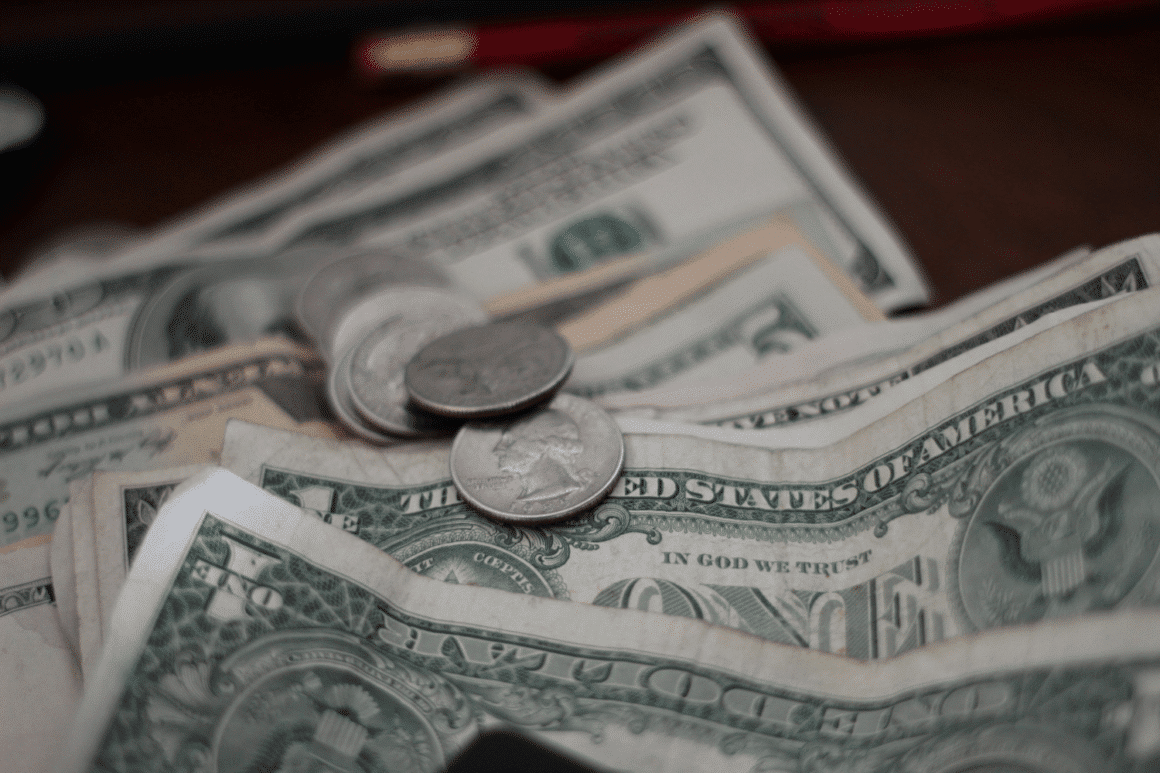By: Jessica Thompson
In a world where economic landscapes shift overnight, financial stability can feel ever more elusive. Economic uncertainty can affect everything from household budgets to corporate profits. All is not lost, as strategies exist to weather these storms and are even stronger than before.
For both individuals and businesses, understanding the nuances of financial planning could be the key to thriving in economic uncertainty. Let’s explore strategies to gain economic stability, empowering you with insights that can turn uncertainty into opportunity.
Understanding Economic Uncertainty
Having the right tools and knowledge can guide you toward economic stability. By understanding key economic indicators, you can better prepare for what’s ahead.
To gain economic stability, it’s crucial to monitor certain indicators. These are like the compass and stars that guide your financial journey. The Gross Domestic Product (GDP) measures the total value of goods and services produced in a country over a specific period. It’s like a report card for the economy. Healthy GDP growth suggests a thriving economy. Declining or stagnant GDP might point to slower times ahead, indicating a need for caution.
Unemployment rates tell you how many people are actively seeking work but are unable to find it. Think of it as a barometer of economic health. When rates are low, it indicates a healthy job market, which usually means stable consumer spending. High unemployment suggests economic trouble, potentially signaling a shrinking economy.
Inflation measures how fast prices for goods and services are rising. Moderate inflation is a sign of healthy demand. However, when inflation spikes too rapidly, it can erode purchasing power, making it more challenging for families to stretch their paychecks.
The consumer confidence index reflects how optimistic or pessimistic consumers are about the economy’s future. High confidence can drive spending and, in turn, economic growth. Low confidence can result in less spending and slower growth.
Central banks set interest rates to control economic growth and inflation. They are like the throttle on a speedboat. Low rates encourage borrowing and spending, fueling the economy. High rates can slow things down to prevent overheating.
Understanding these indicators is key to gaining economic stability. By keeping an eye on them, you can make informed decisions, whether it’s investing, saving, or spending. With a firm grip on these indicators, you can steer through economic uncertainty, much like a seasoned captain navigating through challenging seas.
Personal Financial Strategies for Gaining Economic Stability
In today’s world, gaining economic stability feels like trying to balance a tightrope. Economic fluctuations can be as unpredictable as the weather, sometimes sunny and other times stormy. However, some strategies can help you stay steady.
Diversification in an investment portfolio works the same way. By spreading your investments across various asset classes, such as stocks, bonds, and real estate, you reduce the risk of losing everything at once.
“A well-diversified portfolio is like a safety net,” says Joseph Heimann NJ. “When one area of the market dips, another might rise, balancing out your potential losses.”
This doesn’t eliminate risk, but it cushions the blow when the market falters. Keep in mind that building a portfolio isn’t a one-time task. It requires regular maintenance to adapt to changing economic conditions and personal goals. Diversify wisely, and your financial garden is more likely to thrive.
An emergency fund is your financial lifeboat. It’s the cushion that keeps you afloat when unexpected expenses crash into your budget. From sudden car repairs to medical emergencies, life loves to throw curveballs when you least expect them.
Financial experts often recommend saving three to six months’ worth of living expenses. This might seem daunting, but even small, consistent contributions can grow over time. Start by setting realistic savings goals, and remember, every contribution counts. An emergency fund brings peace of mind in a sometimes unpredictable world.
Budgeting can feel like a chore, but it’s a powerful tool in steering your finances. Life’s surprises are just that—surprises, and without a solid budget, they can derail even the best-laid financial plans.
Business Strategies for Gaining Economic Stability
In times of economic uncertainty, businesses must adopt strategies that ensure stability and growth. The path to gaining economic stability involves a mix of prudent cost management, efficiency improvements, and a strong commitment to innovation.
Managing costs is essential for any business aiming to maintain stability. Think of it like balancing a tightrope—one wrong move, and things can spiral out of control.
Notes Joseph Heimann, “Reducing costs doesn’t mean you have to compromise on quality. The key is to enhance efficiency without cutting corners.”
Companies that thrive in a constantly shifting market are those willing to think outside the box and adapt to changing consumer demands. Customers are your compass, guiding you toward successful innovations. By listening to their feedback and observing market trends, you can pivot effectively.
Embrace technology as an ally. Whether it’s adopting new software solutions to streamline operations or using data analytics to predict market trends, technology can be a powerful tool in maintaining agility. No business is an island. Engage with other businesses, industry experts, and startups. Collaborations can lead to fresh insights and innovative products or services that tap into new markets.
By focusing on these strategies, businesses can develop resilience and poise themselves for long-term success, even in uncertain times. There’s no one-size-fits-all solution, but with careful planning and a willingness to innovate, economic stability can be within reach.

Building Resilience Through Community and Networks
In today’s ever-changing economy, maintaining stability requires more than just individual effort. Building a support system through community and networks can be the safety net we all need. By tapping into local resources and joining support groups, we stand a better chance of weathering financial storms.
Engaging with local businesses and resources is a practical step towards gaining economic stability. It turns your community into a supportive ecosystem, primed to adapt and thrive in any situation.
Participating in support networks not only helps you find resources but also lets you exchange ideas and advice with others. Look for community groups or professional organizations that match your needs and interests. These groups may be specific to a particular industry or more general support systems focused on personal finance or small businesses.
Getting involved in community support networks can be a transformative experience, providing the framework needed to navigate tough economic climates. Rather than walking the path alone, you’re part of a caravan moving toward success and stability together.
In summary, building resilience through community and networks is crucial for gaining economic stability.
“When we leverage local resources and participate in support networks, we create a strong foundation that can withstand the pressures of economic uncertainty,” says Joseph Heimann.
The journey towards gaining economic stability demands ongoing attention and adaptability in both personal finance and business strategies. In an ever-unpredictable economic environment, embracing flexibility and foresight will arm individuals and organizations with the tools necessary to thrive.
Published By: Aize Perez












